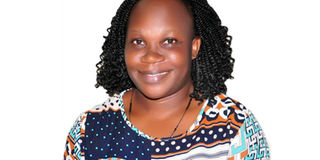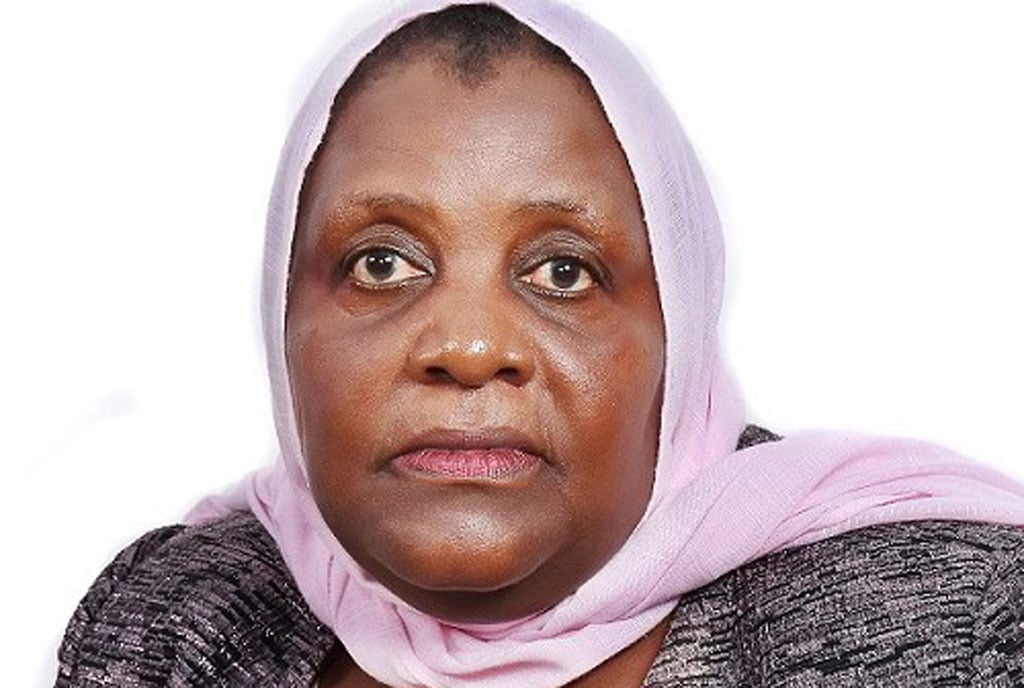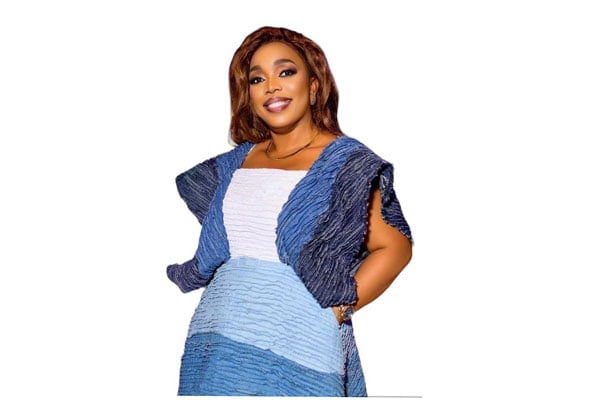Prime
Namala is raising women through financial literacy

Florence Namala is the regional manager for Kampala Central, for BRAC Uganda Bank Ltd. PHOTO/Courtesy of Namala
What you need to know:
One of the things that keeps Florence Namala going is seeing other women grow in their career or businesses. She is proud about the women she has lifted up by just offering financial literacy. Beatrice Nakibuuka brings you her story.
Florence Namala is the regional manager for Kampala Central, for BRAC Uganda Bank Ltd. Her journey with the bank started in October 2008 when she joined the institution as a loans officer for Masaka area, Kyotera branch. She had just completed her Bachelor of Arts with Education degree at Kyambogo University.
“In June 2008, I learnt through a friend that the institution wanted surveyors in the Masaka area and since I did not have a job, I applied and was accepted as a loans officer,” she says.
For about nine months, she was in the same position then elevated to the position of a branch manager at the branch for three and a half years. In 2011, she was made the area manager for Kampala region. She continued to grow through the ranks and was promoted to regional manager, the role she now holds, after the microfinance institution became a bank.
During this time, Namala worked with several women, some of whom were single mothers with small businesses, offering financial literacy and encouraging them to get group loans that would boost their businesses.
She says: “It has been God’s will, commitment, patience, hard work and resilience. Most of my work has been about moving to communities, meeting people from different walks of life and engaging with them on a personal basis, teaching and empowering them.”
Challenges of the bank’s work
Many Ugandans have had a bad experience where they go to financial institutions to ask for a loan and as security, they are asked for land titles and property. This discourages them from borrowing. Brac, however, was doing things differently; still, they faced challenges.
“In the beginning, we faced challenges of acceptability. Many people did not believe that we would offer unsecured loans. It took us some time for people to believe that we were offering loans without any intention to take anyone’s property,” she remarks.
Men often back out of the project, but according to Namala, they are included in the financial literacy training. They are also asked to be guarantors when their wives or partners get loans. This prompts them to become responsible and take the necessary action.
Another challenge they faced, which was to be expected was defaulting.
“Defaulting was one of the biggest challenges in the start but since the women usually know each other and where they stay, it is easier to collect the debts since we know their location and also ask them to have guarantors who are relatives,” she said.
Proud moments
Namala is happy to see women prosper, and grow their business and careers. She has had women who have testified that they built houses, educated their children and expanded their businesses.
“I am happy that for the last 15 years as part of this institution, I have seen women succeed in their careers or get promoted to better career opportunities. It also feels good to get good feedback from clients or even tokens of appreciation from the products they deal in,” she adds.
Asked about the steps she has taken to help women grow in the banking sector, Namala says: “My door is always open to all women who want to get into this industry. I am here to do training, guidance, a one-on-one engagement, do mentorship and coach, advise about further studies, and give recommendations for those that deserve to be promoted and job rotation.”
There is a great change in the banking industry in terms of gender, according to Namala and there are several women who sit on boards of such institutions.
“There is a lot of women empowerment in this sector and there are several leadership trainings that have involved women and have helped us to manage the positions that we hold,” she says.
As an organisation with a succession plan, Namala is already mentoring some women who can replace her when there is need.
“I plan to further my education and as it is with any organisation, there should be a success plan. I am mentoring some people who usually do my work when I am on leave and who will probably replace me when my time comes,” she says.
According to Namala, access to financial services is a critical component to solving some of the world’s most persistent problems such as poverty and inequality.
“However, very many people in this world do not have access to formal financial services. Financial inclusion is even lower for women and for people living in poverty. My dream is to empower more women and enable them to have easier access to the financial support they need,” she says.
Mistakes made
About the things she wished she had done better, Namala says: “In the past, it was hard for me to accept negative feedback from staff. I used to think of it as negative energy and it was one of those big mistakes that I regret. Now, I understand better, knowing that it requires the team to go back to the drawing board and make new objectives.”
She adds: “I should have listened to the social problems of the staff and applied emotional intelligence other than focusing on only work-related results.”
Namala advises that women who aspire to be part of the banking system should be patient, and try to understand the different stakeholders in the banking field. “Women need to improve their knowledge all the time. They should attend training that will help them get to the positions they are pursuing,” she says.
About Florence Namala
What is one quick tip you would give to anyone who wants to open an account in any bank?
Choose a bank that is accessible. Have your identification and know the minimum starting balance for the bank you want to serve you.
When was the last time you had a very delicious meal and where was that?
I had a good meal last year in November at the Golf Course Hotel. Our managing director was recognising us for the good performance.
What is one self-care practice you do religiously?
I am a natural woman. Self-care is not too much of a deal for me but I always remember to wear a deodorant daily.
What is one thing that you would wish to have in the next 10 years?
I would like to own a big school.
What is your preference? Writing in a book vs typing on the phone/laptop?
Typing on phone
About Brac Uganda
BRAC started as a microfinance in Uganda in 2006, providing inclusive financial services like loans and financial literacy to low-income communities predominantly women and the girl child who live in rural and hard-to-reach communities, to enable them to build sustainable livelihoods.
The unsecured group loans are acquired by women within a particular community. They can be between 15 to 30 women and must have already existing businesses that need to be boosted and also be permanent residents. The security these women give is to know each other and know where each member lives.
The focus is on women who are between 18 and 65 years and already have a business but need additional capital. During the training, the men and husbands are also involved so that they get to support their wives without feeling that they are left behind.
In 2009, the microfinance transformed into a Tier II Credit Institution to BRAC Uganda Bank Ltd.




